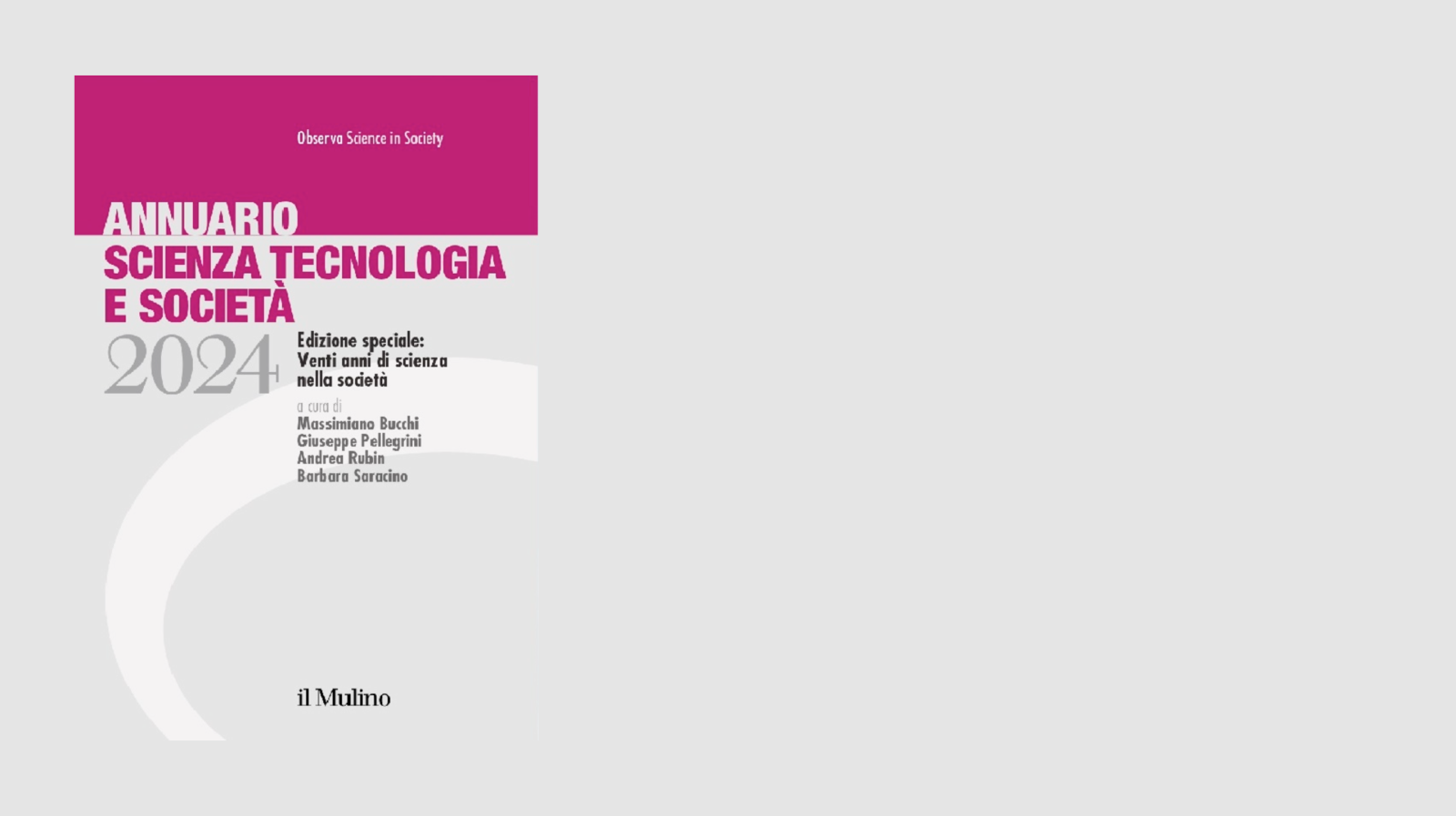According to current news Korea is a country involved in a military confrontation around the 48th parallel, which is just as dangerous as it is anachronistic, the last of the Cold War conflicts. For sixty years South Korea has formally been in a state of war with the other Korea, North Korea. However throughout all these years, Seoul has also accepted and won another challenge, that of entering the knowledge economy as an absolute leader. While the military confrontation with its northern brothers has been in a stalemate for the last six decades, in the economic challenge Seul is obtaining almost unmatched results.
Just browse through the most recent international reports and you'll soon realize this. According to the Total Economy Database published by the Conference Board and Groningen Growth and Development Centre, South Korea (5.7% average annual GDP growth )is, after China (6.6% average annual GDP growth )the country that has recorded the strongest economic growth in the last two decades for the period between 1985 and 2005. According to OECD and R&D Magazine analysts, between 2000 and 2007 Korea's GDP grew on average by 4.7%, after declining in 2008 (2.3%) and 2009 (0.2%) and getting back to its usual values in 2010 (4.5%).
This is one of the reasons why, according to the International Monetary Fund, the annual per capita income of Korea ($ 29,800) exceeded that of Italy ($ 29,400) and ranked third among the major Asian countries, behind Japan and Taiwan.
The reasons for these results are manifold. According to many analysts however the main one is that South Korea "relies" on education, scientific research and technological innovation. These are sectors where the Asian country boasts exceptional performance.
According to the latest OECD report on higher education, for example, South Korea has the highest number of young graduates in the world in the 25 to 34 age group : 60%. The average for OECD countries (i.e. the largest world economies) fails to reach 40%. Italy barely reaches 20%
The Korean result is all the more remarkable, as it was achieved in the past few decades. In the elder working age group (the one between 55 and 64 years old), in fact, Korean graduates barely exceed 10%, that is half the OECD average and the same as the Italian one . This means that in the last twenty years, following a well-defined program of mass education, the rate of graduates in Korea has increased at an unparalleled pace in the world.
35% of Korean graduates have achieved their degree in the natural sciences or engineering. Only China may boast a higher percentage in the world. In Italy science and engineering degrees represent 20% of the total. This means that in Korea 20% of all young people aged between 24 and 35 has a scientific or technical degree, compared to 4% of Italians.
This considerable investment in human and economic resources, in the area of higher education, is accompanied by high investments in scientific and technological resources. According to the latest data published by R&D Magazine this year, Korea has invested 42.9 billion dollars in research and development (R & D) which places it in fifth place overall in the world. Ahead of France and Great Britain. By way of comparison, Italy - which has both a higher population and a higher GDP - has invested 18.7 billion dollars, much less than half the Korean investment.
Even in relative terms, South Korea ranked fifth in the world: the ratio of R & D to GDP amounts to 3.0% according to R&D Magazine coming after Israel, Sweden, Finland and Japan only. If this expenditure is considered from an historical perspective, it can be observed that only China and Japan have increased the rate of R & D with the same intensity.
73% of investments are made by businesses. 25% only is made by the state. This means, on the one hand, that public funds for research amount to about 0.8% of GDP (one third more than Italian public spending and in line with that of other advanced countries). And, on the other hand, that Korea has a strong industrial specialization in the field of advanced technologies: which, as we mentioned before, largely explains its economic performance.
A measure of this production specialization is to be found in the reaction to the international crisis. In order to emerge from the crisis, South Korea has devoted a significant part of its "stimulus package" (exceptional public investments) in 2008 and 2009 to new green technologies and renewable energy: 27.8 billion dollars This, according to the PEW Charitable Trust, places it, in third place in the world in terms of absolute investment - after the U.S. (66.6 billion dollars) and China (46.9 billion dollars) giants- and in first place in terms of relative investments: 5% of GDP, ahead of China (3% of GDP) and the United States (0.9% of GDP).
There is no doubt. South Korea believes in innovation. It pursues it with clarity and determination. And it also obtains excellent dividends.
-Conference Board and Groningen Growth and Development Centre, Total Economy Database, January 2007, htpp://www.ggdc.net
- National Science Board, Science and Engineering Indicators 2010, National Science Foundation, 2010
- Education at a glance 2010, OECD, 2010
- Science, Technology and Industry Outlook 2010, OECD, 2010
- 2011 Global R&D Funding Forecast, R&D Magazine, 2010


